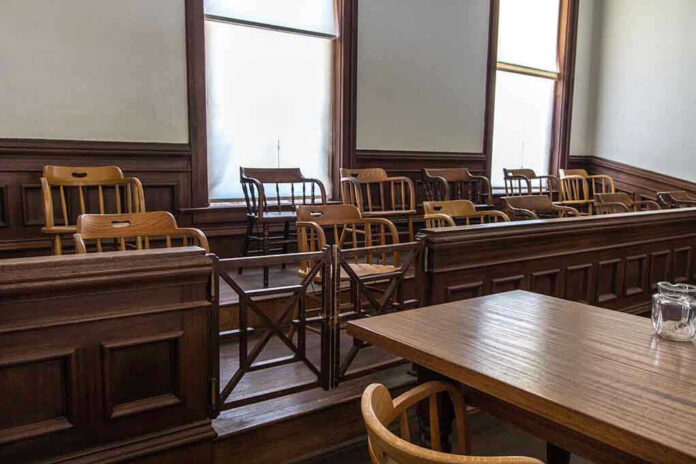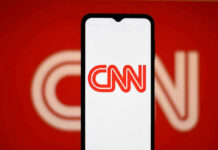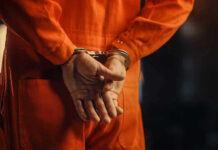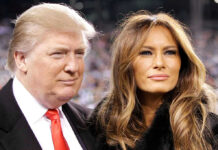
As the trial of Luigi Mangione nears, his supporters’ push for jury nullification in the killing of a top health insurance executive is testing the limits of public influence on the justice system and raising constitutional alarms for conservatives.
Story Snapshot
- Supporters of Luigi Mangione, accused of murdering UnitedHealthcare CEO Brian Thompson, have raised over $1.2 million for his defense.
- A public campaign is urging jury nullification, challenging the rule of law in a high-profile murder case.
- Legal experts overwhelmingly doubt the success of jury nullification, citing judicial constraints and strong evidence.
- The case reflects rising distrust in corporate elites and unprecedented grassroots mobilization.
Massive Fundraising and Public Campaigns Challenge Judicial Norms
Since Luigi Mangione’s arrest for the December 2024 killing of UnitedHealthcare CEO Brian Thompson, his supporters have mobilized in extraordinary fashion. Grassroots activists and online communities have raised over $1.2 million for his legal defense, shattering records for public support in a murder trial. This fundraising surge, fueled by frustration over healthcare industry practices and perceived judicial overreach, has emboldened a vocal movement. Supporters are now calling on jurors to disregard the law outright—a call for jury nullification rarely seen with such intensity in modern American murder cases.
Advocacy for jury nullification has moved beyond online chatter to coordinated action. Rallies outside courthouses and viral petitions demonstrate the depth of public anger, particularly among those who view Mangione’s act as a protest against corporate abuse. However, legal scholars and former prosecutors have been quick to point out that while jury nullification is technically a right, judges tightly control what jurors hear in court. Instructing jurors on the law, judges often explicitly warn against nullification, and appellate courts rarely tolerate verdicts that appear to flout clear legal standards.
Legal Experts Skeptical of Jury Nullification Viability
While Mangione’s defense benefits from unprecedented public funding, legal experts are nearly unanimous in their skepticism of the nullification strategy. In the rare instances where juries have returned verdicts contrary to the law, appellate courts have sometimes overturned those decisions or ordered new trials. This is especially true in high-profile cases with substantial evidence, such as the Mangione prosecution. Judges routinely instruct jurors that their sole duty is to apply the law to the facts presented, not to substitute personal beliefs or public sentiment for justice. The odds of convincing a jury to disregard those instructions remain slim.
Mangione’s legal team has acknowledged the grassroots campaign but has not formally embraced jury nullification as a legal tactic. Prosecutors, meanwhile, have restated their commitment to pursuing conviction on the remaining second-degree murder charges after terrorism-related counts were dismissed. The court’s focus on legal process and constitutional protections makes it highly unlikely that public pressure alone will determine the trial’s outcome.
Broader Impact: Public Distrust, Corporate Accountability, and the Rule of Law
This case has become a flashpoint for broader societal frustrations, especially among Americans disillusioned with corporate elites and skeptical of government overreach. For many conservatives, the spectacle of a murder defendant’s supporters raising millions and openly advocating jury nullification raises alarms about respect for the rule of law and the stability of the justice system. At the same time, the case spotlights deep-rooted anger at health insurance companies, with some portraying Mangione as a vigilante against perceived abuses. This narrative, while resonant for some, risks undermining the principle that justice must be blind and not swayed by mob sentiment.
Short-term, the Mangione trial is likely to fuel continued debate over the legitimacy of public fundraising for criminal defense and the ethics of jury nullification. Long-term, it may set precedents for future high-profile cases, influencing how courts, communities, and advocacy groups interact. As the trial unfolds, conservatives who value constitutional order, limited government, and common sense must remain vigilant against any erosion of the justice system’s core principles—even when public anger at elites is justified. The outcome will reverberate not only in legal circles but also through the ongoing national conversation about corporate power, government accountability, and the enduring importance of the rule of law.
Sources:
Wikipedia: Luigi Mangione case background and public response
Mangione supporters push jury nullification


























